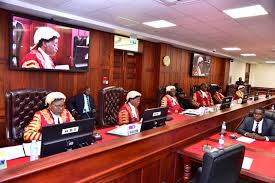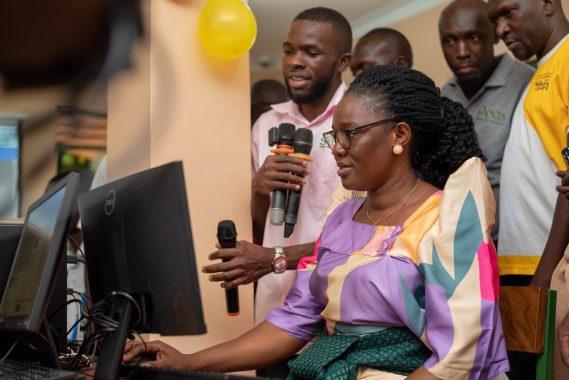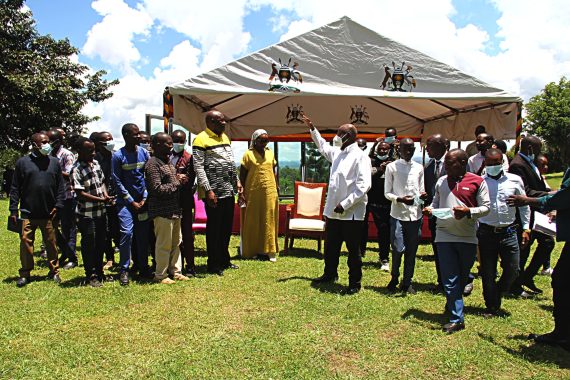The Supreme Court has issued a decree reinforcing that civilians can no longer be tried in military courts.
The Supreme Court decree was issued by the Registrar of the Supreme Court on behalf of the panel of Justices who presided over the case.
The ruling was delivered by a seven-member panel led by Chief Justice Alfonse Owiny-Dollo, alongside Justices: Faith Mwondha, Percy Night Tuhaise, Mike J. Chibita, Elizabeth Musoke, Catherine Bamugemereirwe and Monica K. Mugenyi.
The ruling, delivered on January 31, 2025, came after years of legal battles sparked by former Nakawa MP Michael Kabaziguruka, who challenged the government’s use of military courts to try civilians. The Attorney General, who sought to uphold military trials for civilians, lost the appeal, sealing a major victory for civil liberties.
The Supreme Court decree, officially issued on Monday, outlines clear directives, including; that state that all charges, trials, and pending cases involving civilians in the military court must stop immediately and be transferred to civilian courts.
Military courts no longer have jurisdiction over civilians, meaning political activists and opposition members previously prosecuted in the General Court Martial could now have their cases thrown out.
Past convictions will remain valid, except where a case is already under appeal. UPDF officers accused of crimes unrelated to military service must also face trial in civilian courts.
With this ruling, the government has little room to maneuver. The UPDF legal team, which has long defended military trials for civilians, was present in court alongside top government lawyers but could only watch as their arguments crumbled.
With the Supreme Court ruling now in effect, several legal, political, and administrative steps must follow to ensure compliance: The UPDF and security agencies must adhere to the ruling and stop prosecuting civilians under military law. The Judiciary and Directorate of Public Prosecutions (DPP) will have to review cases and determine appropriate legal procedures for those affected.
Parliament may need to review and amend the UPDF Act to align it with the ruling, among others
As Uganda absorbs the impact of this ruling, one thing is clear, the era of civilians facing military justice is over.











